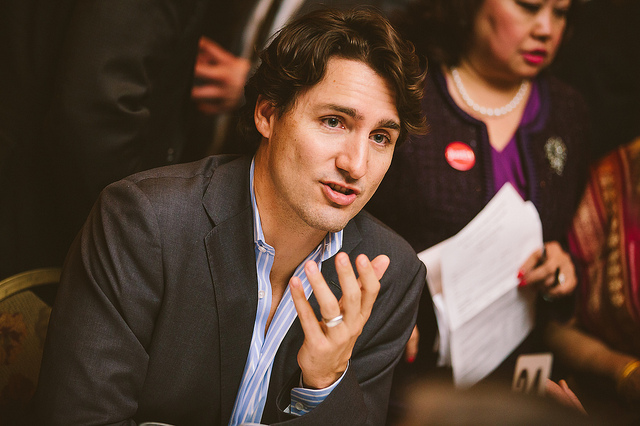You have read the press releases. You may have heard about such ideas at a recent cannabis conference in and around the EU of late. Or you may have encountered new distributors coming into the game with a German presence and a decidedly interesting ex-im plan that sounds a bit, well, off the map.
No matter how geographically creative some of these plans are, the problem is that many of these ideas literally do not make economic sense. Either for the companies themselves (if not their investors), and certainly not for patients. Not to mention, truth be told, the looming price sensitivity issues in the European market that North Americans, for starters, seem to still just be waking up to.
Some Recent Examples….
Yes, exports from Denmark have been much in the news lately (including into both Germany and Poland). Truth be told, however, this makes about as much sense, economically, as importing ice to eskimos. Why? Denmark, for all its looser regulations and less-uptight approach to the cannabis discussion generally, is one of the most expensive labour markets in Europe. Fully automated production plants are one thing, but you can build those in other places too. Especially warmer climates, with lots of sunshine. German production, as it comes online, will also make this idea increasingly ludicrous.
 Who on earth got on this bandwagon? It seems that the enthusiasm in the room began when Denmark began to import to Germany (where the disparities in wages in production are not so noticeable). However, lately, several Canadian companies with a Danish footprint have been eying Poland of late.
Who on earth got on this bandwagon? It seems that the enthusiasm in the room began when Denmark began to import to Germany (where the disparities in wages in production are not so noticeable). However, lately, several Canadian companies with a Danish footprint have been eying Poland of late.
And on that particular topic – there are many who are doing the math and trying to figure out, as the alternatives get going, if even Canada makes much sense, or will in a few years.
Low Wage Markets With Sunshine Are Hotspots For European Cannabis Production
Like it or not, the European market is extraordinarily price sensitive – namely because it is not “just” consumers called patients picking up the tab but health insurance companies demanding proof of medical efficacy.
That starts, a bit unfortunately, with understanding wage economics across Europe. The warmer the climate, in other words and the further east on the map, wages drop precipitously. That is “good” for an industry looking to produce ever cheaper (but more compliant) product.
It is also good, at least politically, for countries whose elected leaders are being forced to admit that cannabis works, but are less than copacetic about encouraging local production. See Germany for starters, but places like Austria, Poland and most recently France (which has just embarked on a first of its kind medical cannabis trial).
Here, no matter the temporary buzz about Denmark, are the places that cannabis production makes sense:
Portugal: The country is a newcomer in the cannabis discussion this fall, although in truth, the seeds of this reality were sown several seasons ago when Tilray began to build its production plant in the country in 2017. They are far from the only company who has seen the light, and these days, farmers are getting hip to the possibilities. Especially if they are already exporting crops throughout Europe.
Spain: The industry that can afford GMP certification is getting going, but everyone else is stuck in a limbo between pharmaceutical producers and the strange gray market (see the patient clubs in Barcelona). That said, political groups are beginning to discuss cultivation as an economic development tool, if not sustainable food and medication strategies.
Greece: The weather is warm, and the investment climate welcoming. Of all the countries in the EU, Greece has embraced the economic possibilities that cannabis could bring. How that will play out in the next years to come is an intriguing story.
Italy: The southern part of the country in particular is ripe for cannabis investment and it’s full of sunshine. However, as many have noted, organized crime in this part of the world is a bit fierce and starts with the letter M.
Malta: The island is a comer, but does importing cannabis from here really make economic sense? There are trade routes and economic treaties tying the island both to the apparently Brexiting British and Europe. Why not, right? Just remember that along with labour, transportation costs are in the room here too.
And Just Outside The EU…
The country now (sort of) known as North Macedonia and struggling to get into the EU if France would just get out of the way is also going to be a heavyweight in this discussion for years to come. Wages, of course, will increase as part of EU membership, but in general, this country just north of Greece is going to play a highly strategic role in exports throughout Europe.
































